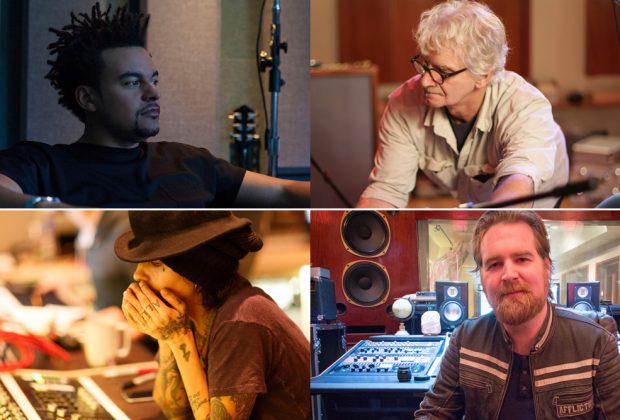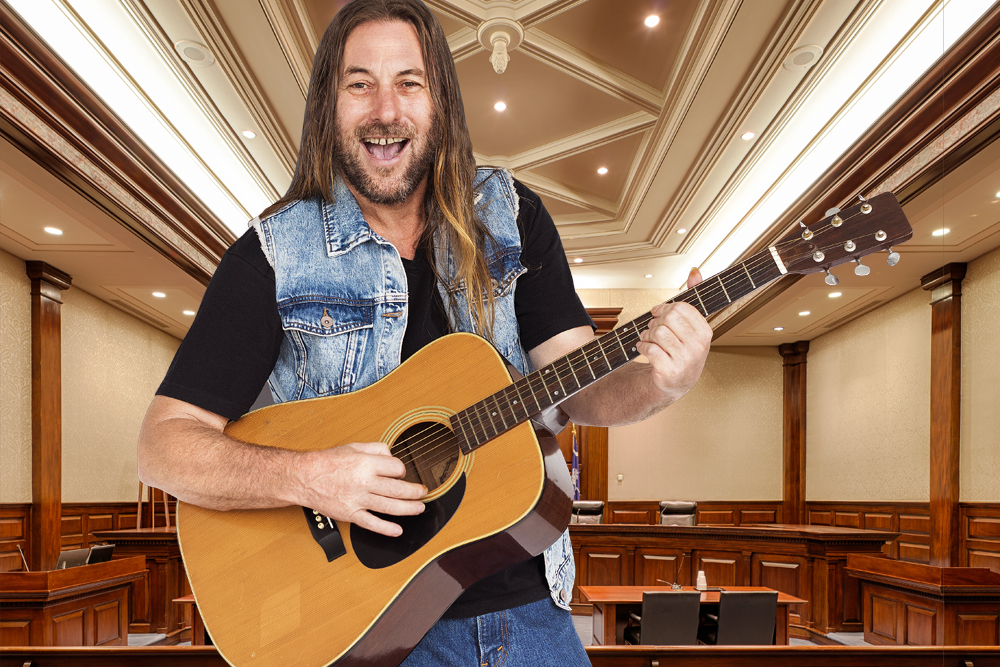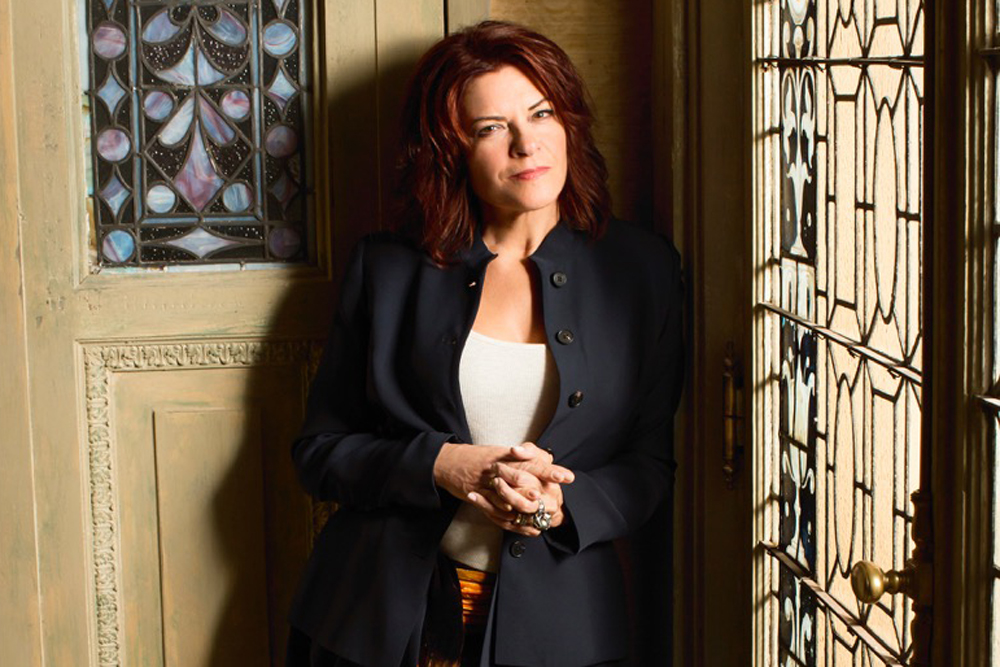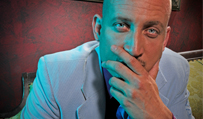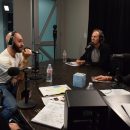Music Connection presents a roundtable-style article that features producers Linda Perry, Alex da Kid, Mike Crossey and the legendary Jack Douglas.
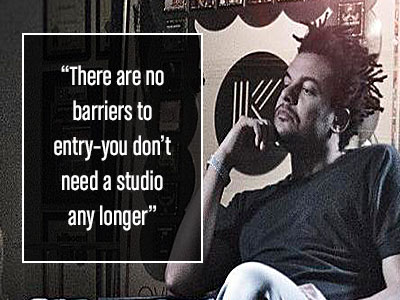 Alex da Kid
Alex da Kid
Company: KIDinaKORNER
Clientele: Eminem, Rihanna, Skylar Grey, Imagine Dragons, X Ambassadors
Contact: kidinakorner.com
Londoner Alex da Kid (Alexander Grant) launched into production in his teens after a friend introduced him to editing tool FruityLoops. He was instantly fascinated with the music-making process and he turned his life to it. After he earned his Master’s degree in audio technology, he began to travel regularly between London and America. In 2009 he moved to New York and in 2011 to L.A., where he founded his company KIDinaKORNER, an Interscope affiliate. Artists signed to the label division include Imagine Dragons, X Ambassadors and Skylar Grey.
What are some of the biggest challenges facing producers today?
The Internet plays such a massive role in music. There’s so much noise out there. As a new producer, you have to be able to cut through it. There are no barriers to entry––you don’t need a studio any longer. You can do everything on your laptop at home so there’s a lot more stuff out there. You have to work out how you become noticed.
What’s an ideal client for you?
I don’t look at [people I work with] as clients. I see them as writing partners, since I write a lot. With me, my process starts with conversation. It’s very intimate. I’m blunt and ask direct questions––when’s the last time you cried? When did you fall out of love with your wife? Why did your marriage break up? You’d be surprised how open and honest people are. I tend to have chemistry with artists and that manifests in the [resulting] music.
When does a producer become a co-writer?
Generally, I write all of the music. I do that outside of the session and I do it best when I’m alone. When it comes to writing with artists, I’m heavily into lyrics. I’d never walk into a session and say “Let’s co-write the lyrics and the melody.” I give the artist the opportunity to do that without me being involved. It’s always smarter if they can. Often times I’m hard on lyrics and melody. If we come up with a good melody/chorus in a session, then that’s a good session. To get there, we’ve done 85 percent [of the work] beforehand. With regard to writing credits, we tend to have those conversations after the session about who did what.
What’s your strategy for putting an artist at ease?
I tell them how bad they are and when something isn’t good. And the bigger they are, the more likely I am to tell them. That might be part of my English humor, too. If you pussyfoot around things, that creates more awkwardness and tension. I’ve seen that happen with other producers. I immediately start making fun of [an artist]––what they’re wearing, what they wrote. It takes out any awkwardness. It becomes easy for me to tell them when something is bad. And when I tell them that something is good, then there’s relief.
What have been your favorite technical developments over the past few years?
Since I run a company now, I don’t have the time to check out the latest developments. I’m still using 1176 [compressors]. But I use [Native Instruments’ virtual instrument] Kontakt a lot.
How do you establish a strong relationship with a mix and/or mastering engineer?
I was lucky enough to meet [mix engineer] Manny Marroquin early [in my career]. When I would do stuff for major labels, I’d use him. When I work with Eminem, we mix together. We speak without speaking. We know each other so well. Most of my mastering isn’t about adding anything. I want my master to sound like my mix.
What are the best ways for artists to save money in the studio?
You can buy a USB mic for around 120 dollars. Logic runs about two hundred. Creating stuff is all about decision making and solving problems. Being unique is using the same piece of gear that everyone else is using but spending four hours on it and making it so it doesn’t sound like everybody else. Often when you work with amazing musicians, their solution will be to use three chords but figuring out how to change the lyrics and melody so they make sense.
What’s the biggest challenge you’ve ever faced in the studio?
One time I worked with U2. Bono had this [Shure] SM57 setup. I was afraid that it wouldn’t sound the best. But it worked out well and taught me that it’s not about the gear.
What does the future hold for major labels?
The monopoly of the majors is shifting because of technology. All of the past challenges, such as costs, have evaporated. We’re going to see a lot more independents working with the majors. Ultimately the business is going to grow exponentially, especially with streaming. As much as they’re trying to change their culture, which is built around selling records, it’s still a hard ship to turn around. We’ll see a lot of innovation and in probably seven years the industry will be healthier than ever. If you’re young, this is a great business to walk into. •

